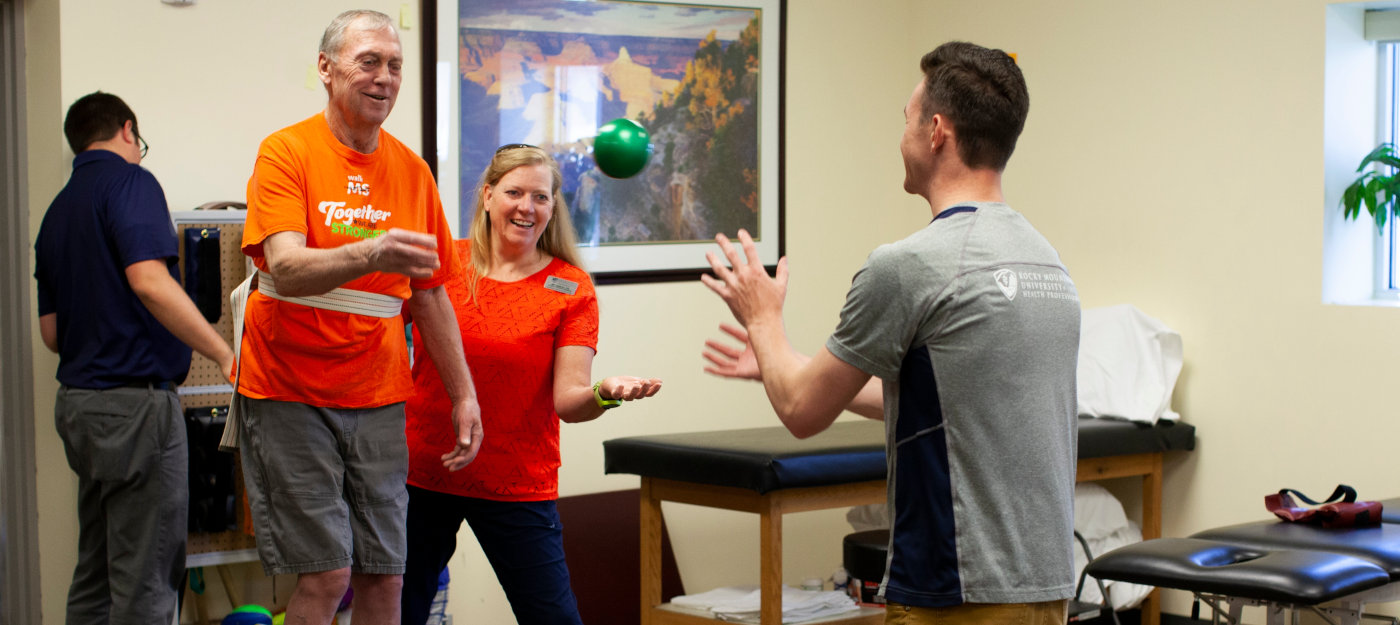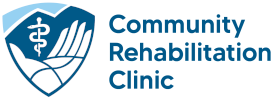Rocky Mountain University Community Rehabilitation Clinic
Enhancing Lives Through Accessible Physical Therapy!
The CRC is a physical therapy clinic located in Provo, Utah. Qualified specialists serve patients with the assistance of doctoral and pre-PT students from Rocky Mountain University, Brigham Young University, and Utah Valley University.
Highly trained and skilled staff are licensed, qualified specialists in different aspects of physical therapy and are assisted by doctoral and pre-PT students from Rocky Mountain University, Brigham Young University, and Utah Valley University.

Quality Care For You & Your Family
Healthcare professionals at the CRC offer specialty services including; electromyography, pelvic floor therapy, Multiple Sclerosis (MS) therapy, and health and wellness services (sleep, weight management, and stress management).
Telehealth Physical Therapy
The RMU Community Rehabilitation Clinic (CRC) is able to offer physical therapy services to the community via telehealth. Dr. Crystal Miskin shares her experience working with one of their clients, Julie, and how they’ve overcome the barriers. Physical Therapist Assistant Bet Hawley is translating for her and Physical Therapy Aide Ben Laudermiclch is filming the interchange between Julie and Dr. Miskin.
WHAT OTHERS SAY
“I was flabbergasted as to how quickly the MS program got rid of some of the problems that I had.”
Jody
“I am a better person now because I am more functional and I would recommend the MS program.”
Mike
Student-Run Clinic
The RMU Student-Run Clinic involves university students and faculty operating the clinic at the CRC two evenings each week treating scheduled patients with physical therapy rehabilitation under supervision of RMU faculty members.
Student Service Learning
RMU’s service learning course for Doctor of Physical Therapy program students incorporates community service with academic learning. The 3-credit hour course allows students to explore the scope of health issues and rehabilitation needs of physical therapy patients in the CRC and assist them with solutions to resolve their physical problems.
